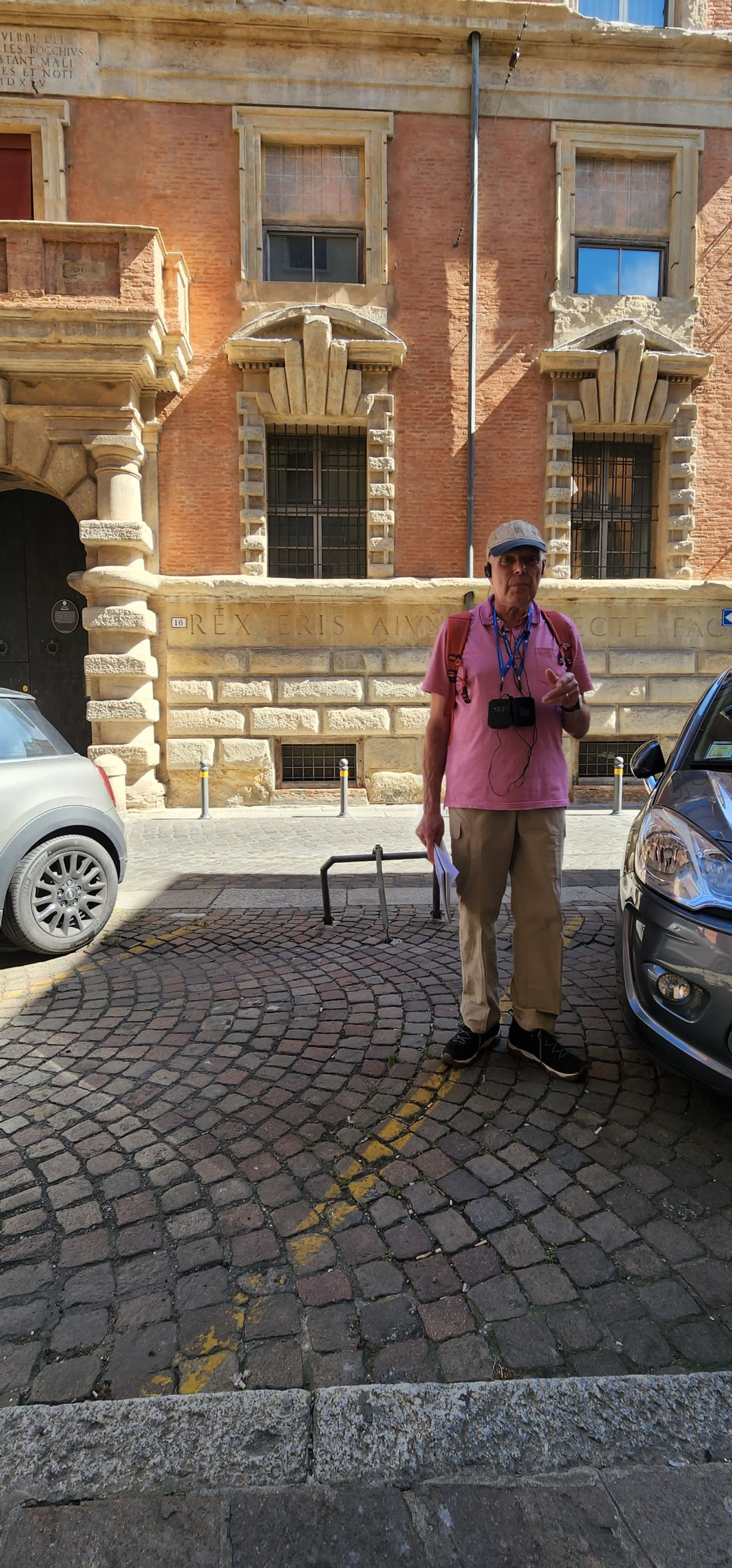Quando comincia la storia? “When does history begin?,” asks the Jewish Museum of Bologna. The question is demanding, its many valid responses bending according to so many variables. The Jewish faith chronicles time dating to the creation of the Earth in Genesis, 3761 BCE. For centuries, Christians–and, because of their evangelization and colonization, much of the secular world–have divided time into two epochs, split at Christ’s birth. Muslims date their history to 622 CE, the time at which Muhammed fled Mecca for Medina. So we can posit responses to when history begins, but the responses are so subjective, so personal. One can point to a faith-based response, or a scientific response, or a microscosmic response, pointing to a birthday or anniversary as the start of a family history. It’s a question for historiographers, which we all are, whether producing acdemic texts, researching family histories, or contributing to a travel blog.
Bologna asks us to consider how we construct histories. Cesare, our local guide, tells us that the bombs World War II means that the architecure of Bologna is not as historic as in other Italian cities; history requires layers. Paul, the lead academic on our study seminar, tells us that the Renaissance’s scholars turn edtheir attnention to learning and studying the ancient Hebrew texts as part of a trend toward examining the Classical era. The Roman Catholic Church, challenging the Reformation, had hoped returning to the ancient texts ad fontes--to the source–would reinvogorate the Church. A reinterpration of fundational texts generates yet more evidence for us to understand history. We ended our evening with a viewing of Garden of the Finzi Continis, based on George Bassani’s novel about the WWII-era racial laws and the deportation to Auschwitz of Ferrara’s Jews under the Nazi-backed Italian Social Republic; literature and film teach us history, too.
Bologna asks us when history begins and how we can know it, but it also asks us to consider the nature of humankind. Cesare and Paul tell us that Bologna’s Jewish and Christian populations had lived peacefully integrated lives, merchants working side by side. Paul stops us before the Palazzo Bocchi, a building with two inscriptions that demonstrate this excellently. “Do well and you shall be crowned,” reads the Latin inscription from Horace. The Hebrew inscription quotes Psalm 120, “O Lord, save me from lying lips and deceitful language.” And so I wonder whether, after governance of Bologna passed to the Papal States and its Jewish populace suffered a cycle of ghettos, expulsions, and short-lived returns between 1566 and 1797, the historic Jewish population of Bologna ever felt that it had found the deliverance for which Psalm 120 cries. I wonder too whether the Papal States thought it deserved a crown.


